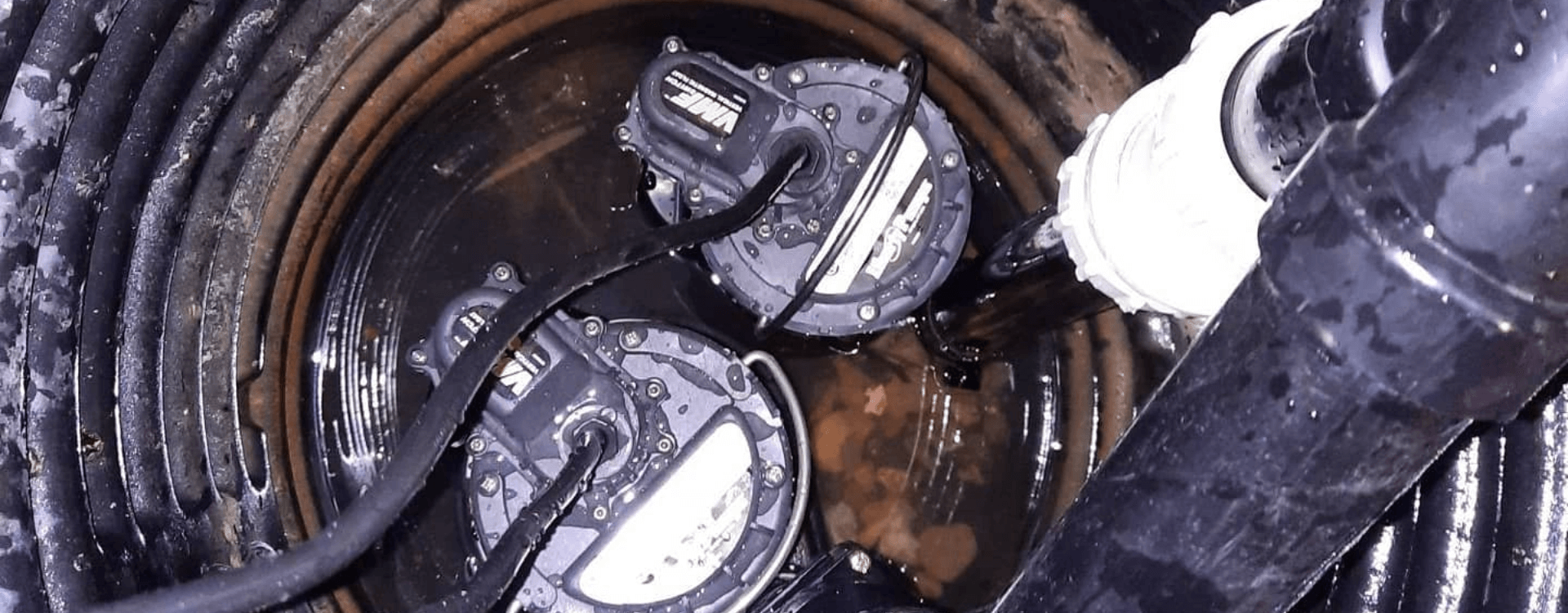A majority of fires are caused by malfunctions in the wiring of a home or business. Here are five warning signs that you should have your wiring examined.
Flickering Lights
When you turn on your dishwasher or microwave, do you consistently notice any of the lights in your house begin to flicker or steadily dim? When those appliances turn off, do you see the lights brighten or get steady once again? This fluctuation may mean there is a problem with the wiring of your lights, but it most likely means your major appliances are drawing too much power from the circuits to which they’re attached. You may need to have a professional switch your circuits or upgrade your panel to avoid further complications.
Funny Smells
We’re not talking about your smelly dog or the smell of burnt crumbs that often comes from your toaster if it never gets cleaned. Specifically, the smells you should be wary of are burning smells, like roasting plastic, arising from your outlets and fixtures. They are not supposed to do this, so any consistent odor like this is a sure sign you should have an inspection done on your wiring. If you smell occasional burning in your home and struggle to identify the source, it may be your wiring.
Hot to the Touch
While some of our appliances will naturally put off heat, our wall outlets and light switches should not be hot when we touch them. While they may be slightly warm, due to electrical current, they should never be uncomfortable to touch. This is a likely sign that something is seriously wrong, especially if you notice any scorch marks around the plug. Turn off and unplug your appliance and call a professional to come to take a look.
Buzzing
Old appliances can make buzzing noises. Often this means they’re working hard or their life is coming close to its end. If you start hearing buzzing noises from your outlets, however, or from your light bulbs as you switch them on, this is a more severe problem. Pay close attention to your house when all is supposed to be quiet and if you’re concerned occasionally put your ear close to your power outlets to inspect them.
Tripping Breaker
You may notice that you trip the breaker in your house. Maybe when your dishwasher is turned on, you can’t turn on your microwave or plug your kettle into certain outlets. You have an issue with overpowering your circuits which could cause more significant damage in your house. If you notice a tripping breaker with a low-level use of power, this likely means there is a wiring problem that needs to get dealt with. Either way, there is too much power flowing somewhere which is a frequent cause of fires in the home.



